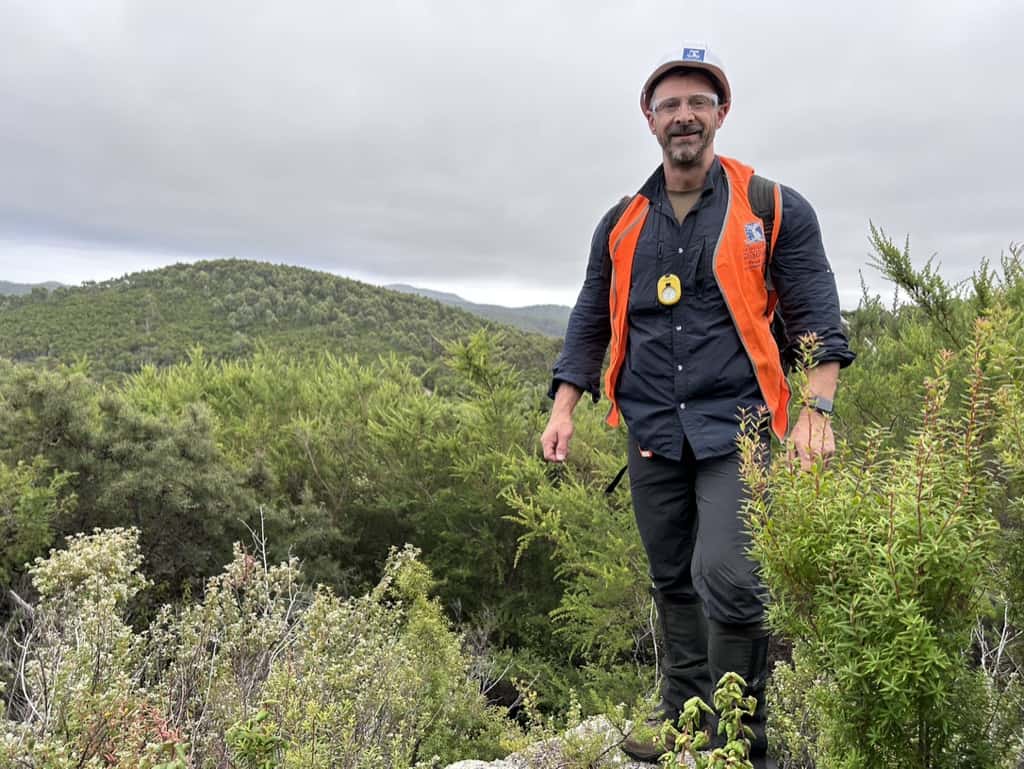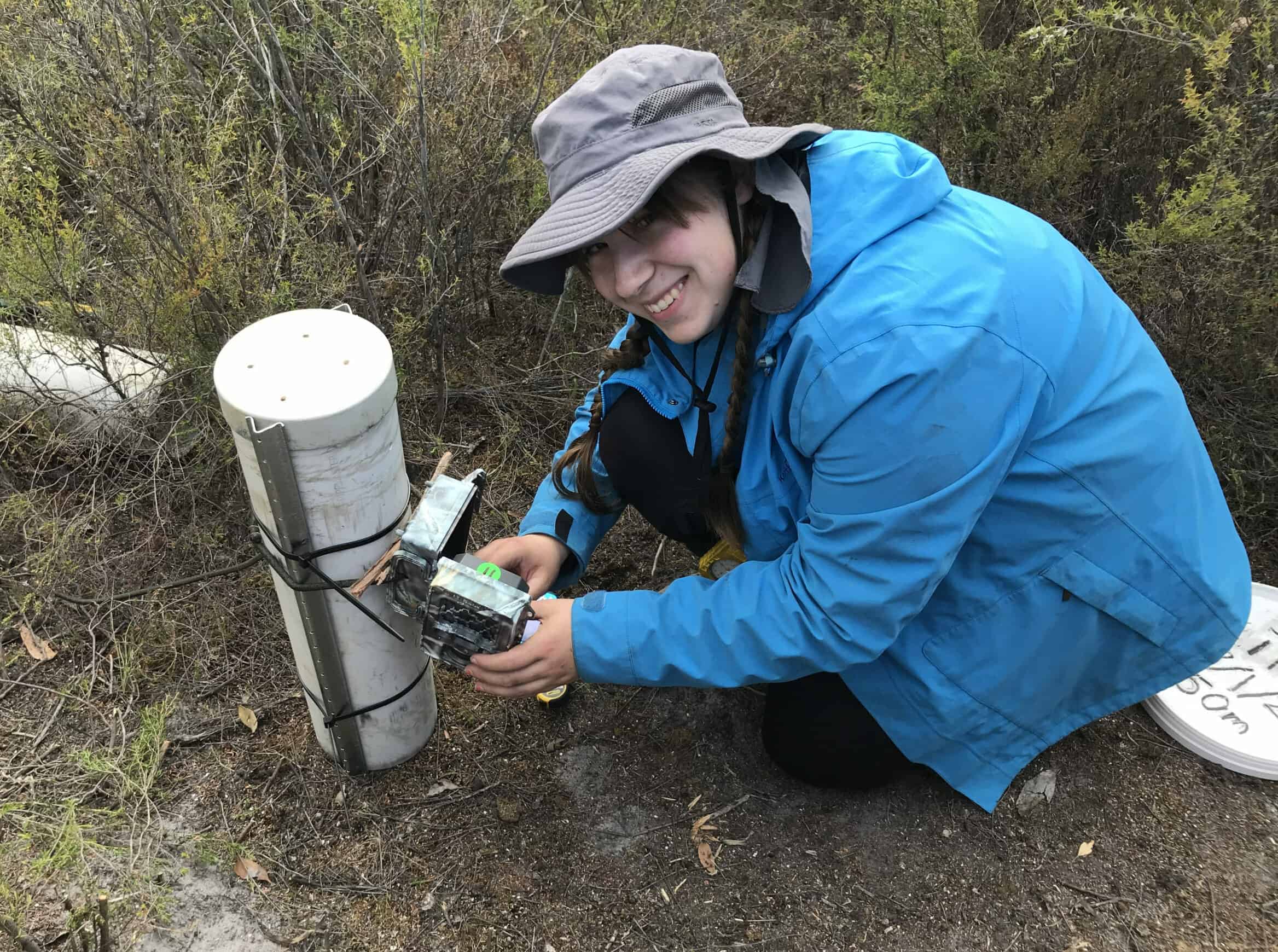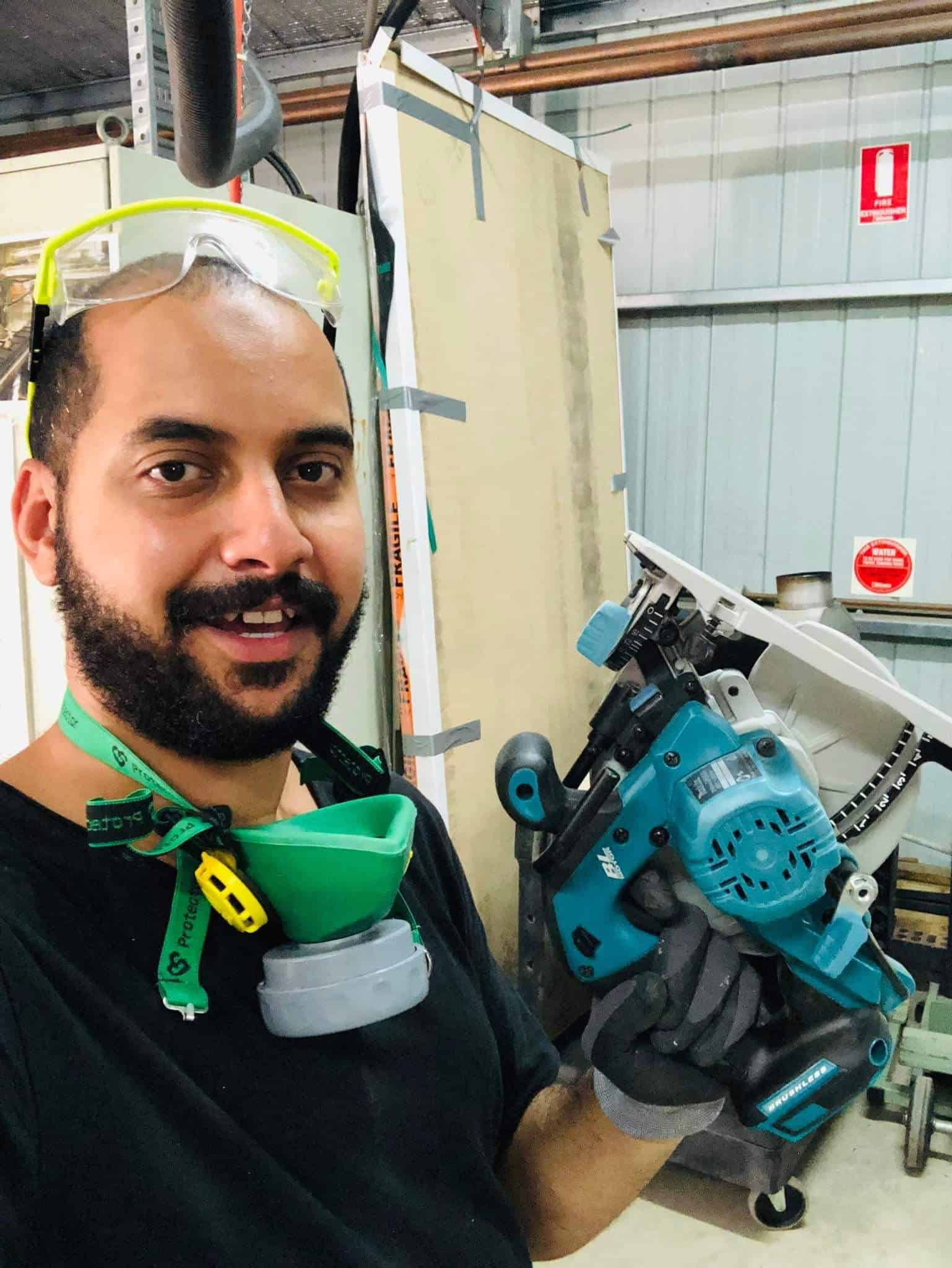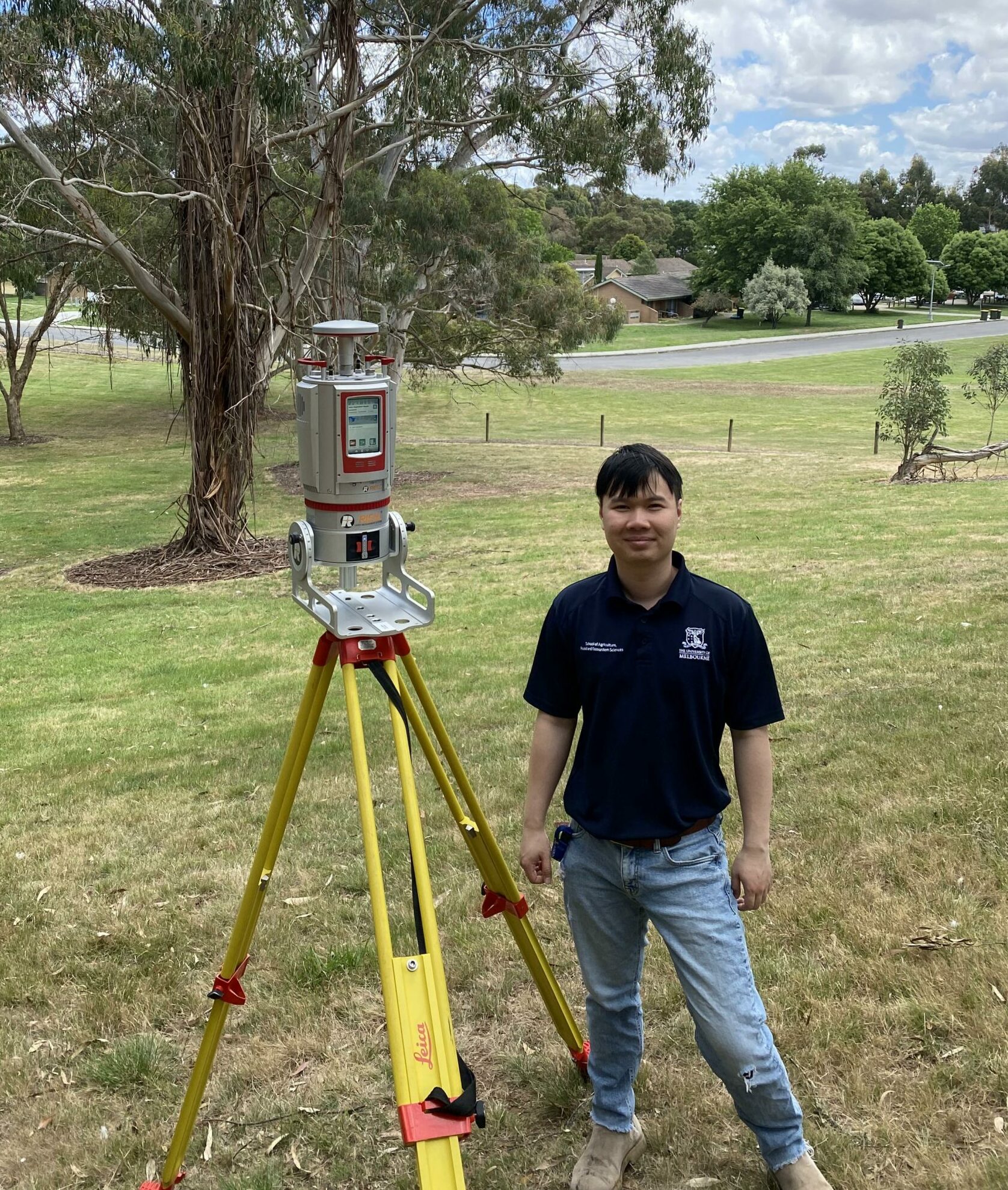Q: What “day to day” type activities that you do?
I am currently absorbed with doing a systematic literature review, but I occasionally take breaks from the desk to trample around the bush to gather data. Outside of reading and recording data for my review, most of my days are filled with writing, meeting with other academics, and learning how to code.
Q: What pathway did you take to get into the research?
My path to research was not linear. After graduating from my undergraduate studies, I did several seasons of fieldwork in California and Oregon. But the more fieldwork I did, the more I realized I wanted to experience other aspects of research. I craved to learn how to interpret data and create my own research project. But even after deciding I wanted to pursue research, I struggled to get into a program. It took a while, with several non-science-related jobs in the interim, but now I have the incredible opportunity to research fire ecology through the University of Melbourne at the Creswick campus.
Q: What’s the most interesting thing that you have done during your PhD
Something that I wasn’t expecting from my PhD is all opportunities to help other students with their fieldwork. In the first couple of months of my phD I got to help another student capture and process long-nosed potoroos in the Otways. It was such a fun opportunity and it checked off a dream fieldwork experience from my list. I also got the chance to go to a fire ecology conference in the US which was both intimidating and inspiring. But beyond these big experiences, I find lots of enjoyment in the day-to-day research tasks. From the seemingly mundane tasks of reading and answering emails to the continuous process of learning, I genuinely cherish these routine aspects of my academic journey.
Q: What is one thing to look for in a supervisor?
My relationship with my supervisors stands out as one of the best aspects of my PhD journey. While I fully acknowledge that luck may have played a part in finding such supportive advisors, I also paid special attention to how we would communicate with each other from the outset when applying to this program. During the initial interview process, I quickly discerned that my primary supervisor was not only receptive but also genuinely supportive of the goals and skills I aimed to develop throughout my PhD. This early support laid a crucial foundation for our dynamic. While it’s true that the full extent of a supervisor-student relationship may not be evident after just one interview, making the most of that initial meeting to ask specific questions and outline objectives is essential. Finding supervisors who provide honest feedback and listen to new ideas is something I highly recommend aspiring researchers prioritize when choosing their academic mentors.
Q: If you had to move to take up this research role, do you have any tips to getting settled somewhere new?
I think for both moving to a new place and starting a PhD it’s important to find activities outside of research to invest time into. It has helped me both with meeting people in the community and setting boundaries around my time by committing to those activities.



